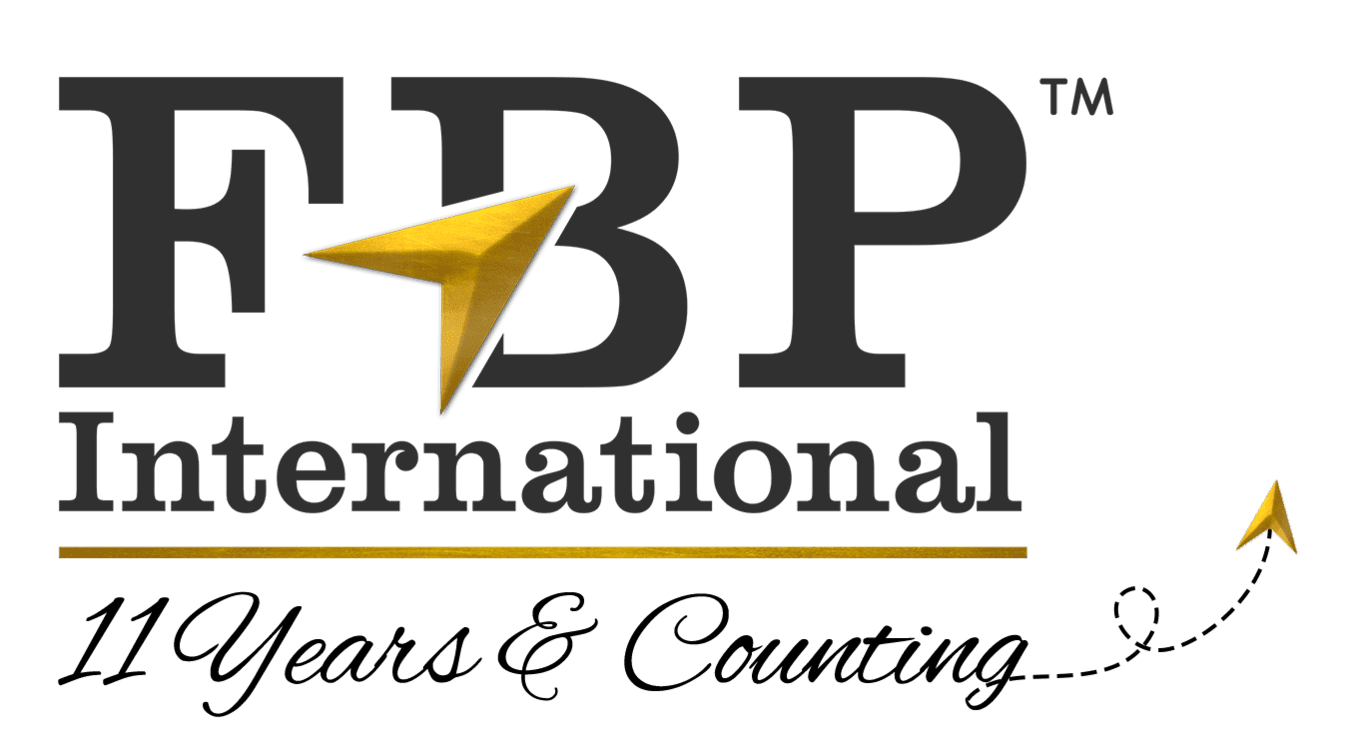Australia is a popular destination for people looking for a new home, with its welcoming atmosphere, diverse culture, and thriving economy. One of the first things a newly arrived migrant should consider is opening a bank account in Australia. Having a local bank account can help make day-to-day living and financial transactions smoother and easier.
In this article, we’ll discuss how to open a bank account in Australia as a migrant and what you need to know and how FBP International can simply this process for you.
Step 1: Research banks and choose the right one
Before you open a bank account in Australia, it’s essential to do your research and find a bank that suits your needs. Consider the bank’s reputation, fees, location, and customer service. Australia has several banks to choose from, including the big four banks – Commonwealth Bank, Westpac, ANZ, and NAB, as well as several smaller banks and credit unions.
Step 2: Determine your eligibility
To open a bank account in Australia, you need to meet certain eligibility requirements, such as:
- Being 18 years or older
- Having a valid visa or residency permit
- Having a valid identification document such as a passport, driver’s license or national ID card
- Providing proof of address, such as a utility bill or lease agreement
Step 3: Gather the required documents
Once you’ve decided on a bank and confirmed your eligibility, you’ll need to gather the required documents. These usually include:
- Valid identification document (passport, driver’s license or national ID card)
- Proof of address (utility bill, lease agreement, or bank statement)
- Visa or residency permit
It’s important to note that some banks may require additional documentation, so it’s best to check with your chosen bank beforehand.
Step 4: Open the account
Now that you have all the necessary documents, you can proceed to open the account. You can do this in person at a bank branch, online, or over the phone, depending on the bank’s policy. When opening the account, you’ll need to provide your personal information, including your name, address, and contact details. You’ll also need to select the type of account you want to open, such as a savings account, a transaction account, or both.
Step 5: Activate the account
After opening the account, you’ll need to activate it. This usually involves depositing a minimum amount into the account, which varies from bank to bank. Once the account is activated, you can start using it to make transactions, withdraw money, and manage your finances.
Challenges
While opening a bank account in Australia as a migrant can be a relatively straightforward process, some difficulties may arise, especially if you’re unfamiliar with the banking system in Australia. Here are some of the challenges that you may encounter:
1. Language Barrier
If English is not your first language, communicating with the bank staff or understanding the bank’s policies and procedures may be challenging. Some banks may have staff who speak languages other than English, but it’s best to call ahead and check if they have a multilingual service.
2. Proof of Address
As mentioned earlier, you’ll need to provide proof of address when opening a bank account in Australia. This can be a challenge for newly arrived migrants who may not have a rental agreement or utility bill in their name. In this case, you may need to provide alternative documentation, such as a letter from your employer or a bank statement from your overseas account.
3. Visa or Residency Permit
To open a bank account in Australia, you need to have a valid visa or residency permit. If you’re on a temporary visa, some banks may have restrictions on the type of account you can open. For example, you may not be able to open a term deposit account or a credit card account. It’s best to check with the bank before opening an account.
4. Financial History
If you have no financial history in Australia, it may be challenging to establish a credit rating or access certain banking products, such as a credit card or a loan. You may need to start with a basic transaction account and build up your financial history over time.
5. Bank Fees
Banks in Australia charge various fees for their products and services, including account maintenance fees, transaction fees, and ATM withdrawal fees. It’s important to research the fees charged by different banks and choose one that suits your needs and budget.
Advantages
There are many benefits to having a bank account in Australia as a newly arrived migrant. Here are some of the key advantages:
1. Convenience
Having a local bank account in Australia can make everyday living more convenient. You can receive your salary, pay bills, and make purchases in Australian dollars without having to worry about currency exchange fees or conversion rates.
2. Access to Banking Services
Having a bank account in Australia gives you access to a range of banking services and products. You can open a savings account, a transaction account, apply for a credit card or a loan, and more. With a local bank account, you can also use online banking and mobile banking services to manage your finances conveniently.
3. Establish a Credit History
Having a bank account in Australia is an excellent way to establish a credit history, which is important if you plan to apply for credit in the future. By regularly using your account and making timely payments, you can build up a positive credit rating and increase your chances of being approved for credit products like a credit card or a loan.
4. Financial Security
Having a local bank account in Australia can provide a sense of financial security. You can keep your money safe and secure, and access it whenever you need it. You can also set up automatic payments for bills, which can help you avoid late payment fees.
5. Access to Government Payments
If you’re eligible for government payments, such as Centrelink benefits or the Child Care Subsidy, having a bank account in Australia is essential. The payments will be deposited directly into your account, making it easier to manage your finances.
6. Building Trust
Having a local bank account in Australia can help you build trust with lenders, landlords, and other financial institutions. It shows that you have a stable financial situation and can be trusted with credit and other financial products.
In conclusion, having a bank account in Australia as a newly arrived migrant can provide many benefits. It can make everyday living more convenient, give you access to a range of banking services, help you establish a credit history, provide financial security, and more. It’s important to do your research, choose a bank that suits your needs, and gather the necessary documents to open an account.
By starting your Australian migration process with FBP International you don’t just give assurance to your migration application, but also get unique opportunity to open Bank Account in Australia without a hassle. FBP International having affiliated with Commonwealth Bank – The national bank of Australia, takes care of your burden of opening bank account and make all the benefits available for you.



